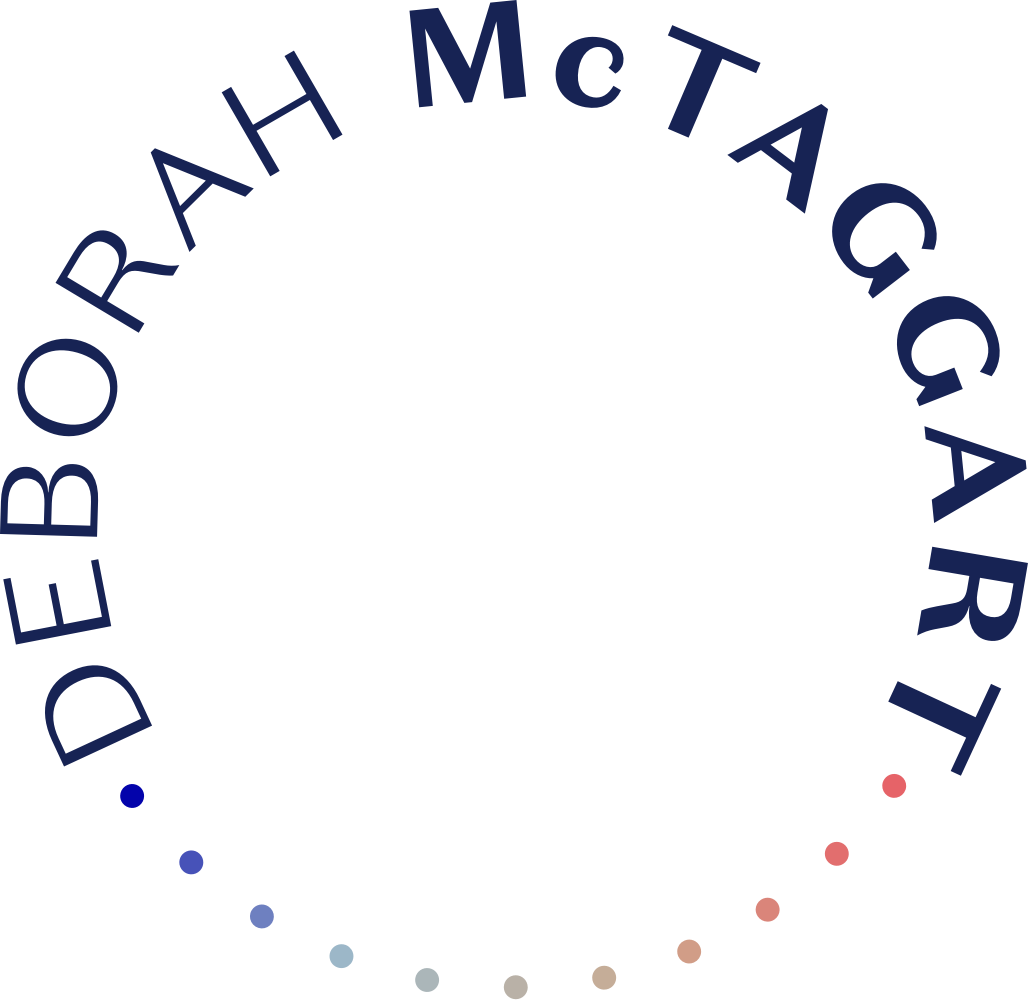Iodine Deficiency and Hypothyroidism
Iodine deficiency is the most common cause of hypothyroidism. Approximately 1/3 of the world's population live in areas where iodine is lacking in the soil and water. The result of iodine deficiency is goiter, which is your body's attempt to synthesise thyroid hormones.
Symptoms of iodine deficiency are similar and related to those of hypothyroidism and include weight gain, fatigue, poor sleep/insomnia, cold hands and feet, cracking heels and dry eyes as well as tenderness around the breastbone.
Even when taken in minute doses, iodine can stimulate the thyroid gland which is why is should not be taken by anyone with hyperthyroidism (i.e. Grave's disease) as this can create a life threatening state requiring emergency treatment.
How to get your iodine naturally?
Sea vegetables provide the best source of natural iodine, such as sea weeds (kelp, nori, kombu, dulse, wakame). Note that the iodine content can vary greatly depending on harvesting and the waters it was grown in. Sea weed can be found pre mixed with salt and/or herbs, as well as packaged for inclusion in salads, soups and stews.
Fish and other types of seafood are also rich sources of iodine.
Fruits, vegetables and grains contain iodine, but this amount will depend on the soil and irrigation practices used. Vegans should take particular care here as if they are eating vegetables grown in iodine poor soil, they could develop an iodine deficiency if there is no other intake in their diet.
Animals feed on grains and vegetables and hence have varying amounts of iodine in their meat, which we consume. Eggs are excellent source of iodine, however this is in part because the animal feed is supplemented with iodine.
Consume iodine regularly as it does not remain in your body for long. However take with care as you only need a very small amount to treat thyroid dysfunction.
Deborah McTaggart is a registered nutritionist practising in Barnes, South West London, and global via Zoom. She works with corporate nutrition and individuals on healthy eating, with a special interest in Men's Health, Shift Work Health, Travel Health and Avoiding Jet Lag. Contact me here for further information on nutrition plans.
